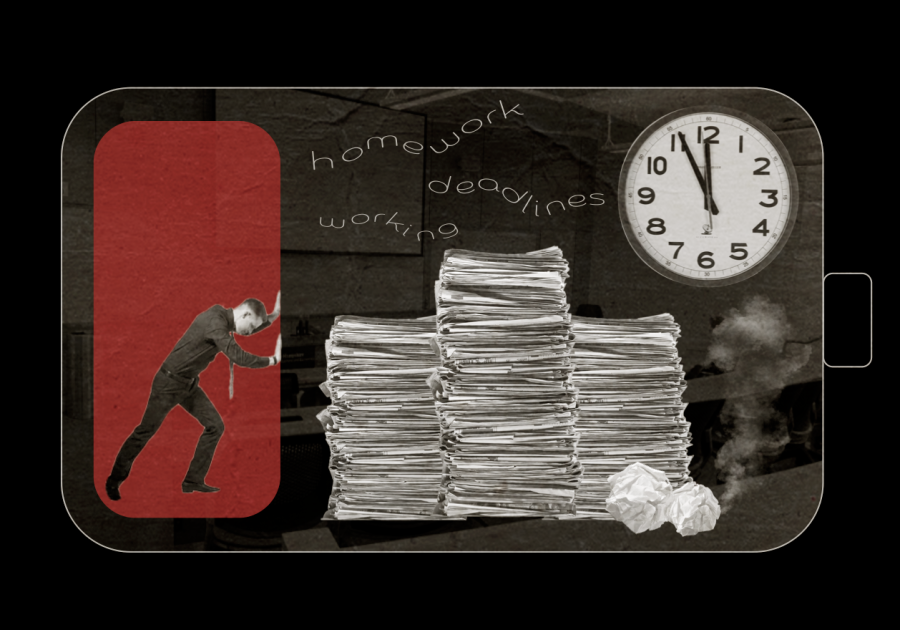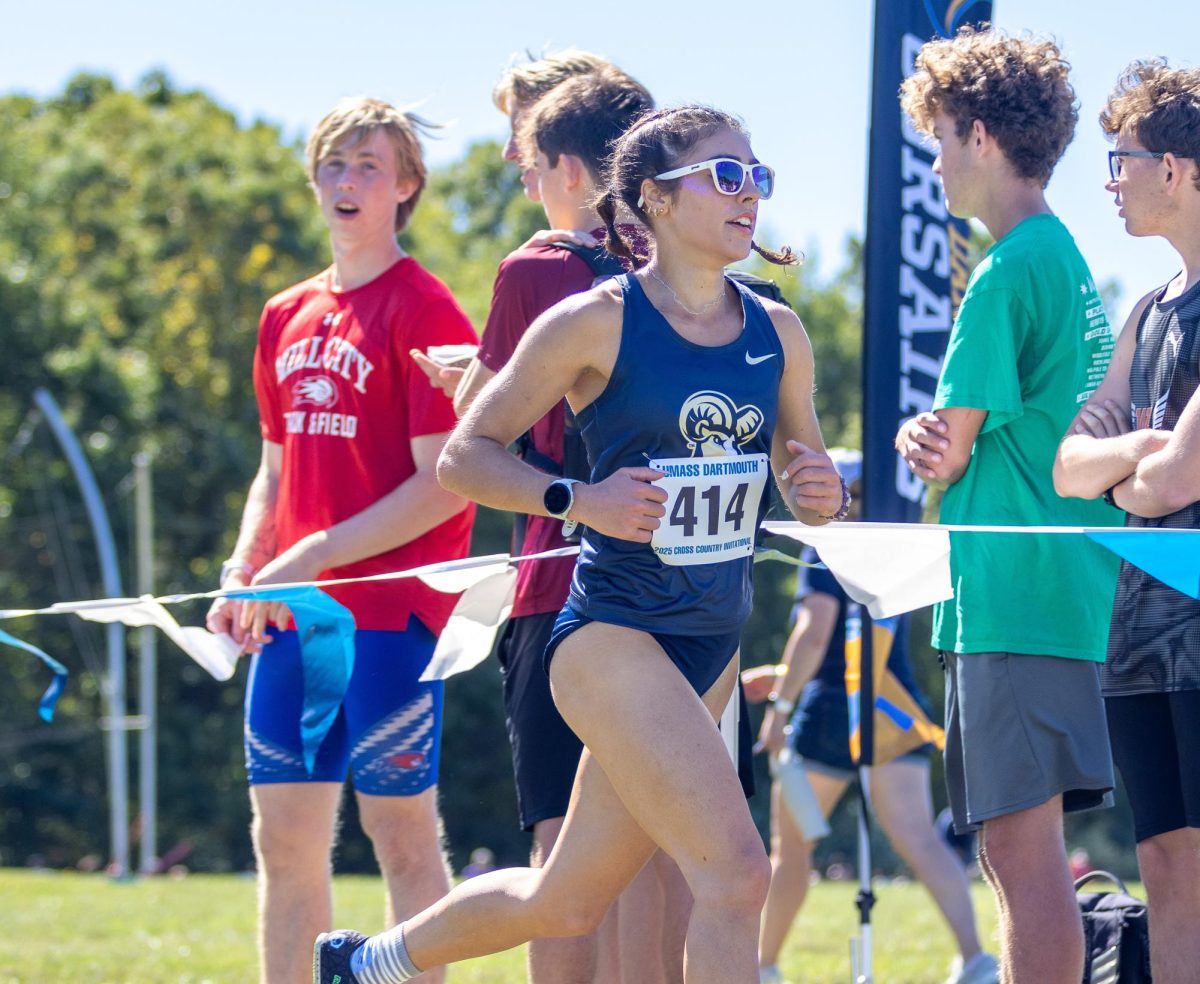Missed classes. Forgotten assignments. Lack of energy. Lost motivation. After nearly two years of remote learning, Suffolk students have returned to campus, with many struggling more than ever.
Nationwide, 87% of college students say education is a significant stressor in their life, according to a report released by the American Psychological Association.
Students are experiencing levels of stress that can cause burnout, described by Healthline as “a state of mental and physical exhaustion that can zap the joy out of your career, friendships, and family interactions.”
Some symptoms of burnout are exhaustion, irritability, isolation and frequent illnesses, according to Healthline.
Suffolk returned to campus at full capacity for the Fall 2021 semester with almost every class offered in-person.
Katie Green, a sophomore film and media major, said that even with in-person classes, energy among students is low.
“I can tell just by how my friends act when we go out. We can keep the energy up for an hour or so and then we have nothing left to say,” Green said.
Green said the workload for her classes isn’t much different from last year, when half of her classes were held online.
“Not having hybrid classes or recorded lectures really inhibits flexibility, though,” Green said. “During my hybrid classes during the pandemic, I was able to use online classes as a mental health break (sleeping in, eating during class, etc).”
For some, the transition from online to in-person classes that was supposed to be a ‘return to normal’ has made their burnout worse.
Hannah Graves, a senior sociology major, said she prefers the flexibility that online classes allowed.
“I honestly really liked online school because I could have more time to rest and felt like my classes were more accommodating, especially because I’m a commuter.” Graves said. “I have always been more successful with having my classes be online.”
Graves noted that stress among students is much higher now that classes are back on campus.
“We, students, have not had enough time or resources to be able to cope with how the pandemic impacted our previous semesters. I feel like I was more invested in my academics prior to the pandemic,” Graves said.
Hanan Tuffaha, a sophomore English major, said the change from remote to in-person classes has made schoolwork significantly harder.
“I feel like our professors aren’t entirely aware of how hard the past year and a half has been for students and their motivation, and they just keep assigning more and more work,” Tuffaha said.
“People underestimate the massive toll that the pandemic has had on people’s mental health, even those who have not been previously diagnosed with a mental illness.”
According to the Oct. 2020 report released by the American Psychological Association, 34% of Gen Z adults (18-23) reported their mental health was worse than at the same time last year.
There are a number of resources on campus for students struggling with managing schoolwork or their mental health. Counseling, Health, and Wellness, CLAS Academic Coaches and Tutoring Services, as well as the Office of Disabilities Services offer support for students remotely and in-person.
Counseling, Health, and Wellness
73 Tremont St, 5th Floor; 9 a.m. – 5 p.m.
(617) 573-8226
73 Tremont St., 9th Floor
(617) 573-8034
73 Tremont St., 9th Floor; 8:45 a.m. – 4:45 p.m.
(617) 573-8034
Follow Leo on Twitter @leowoods108





















